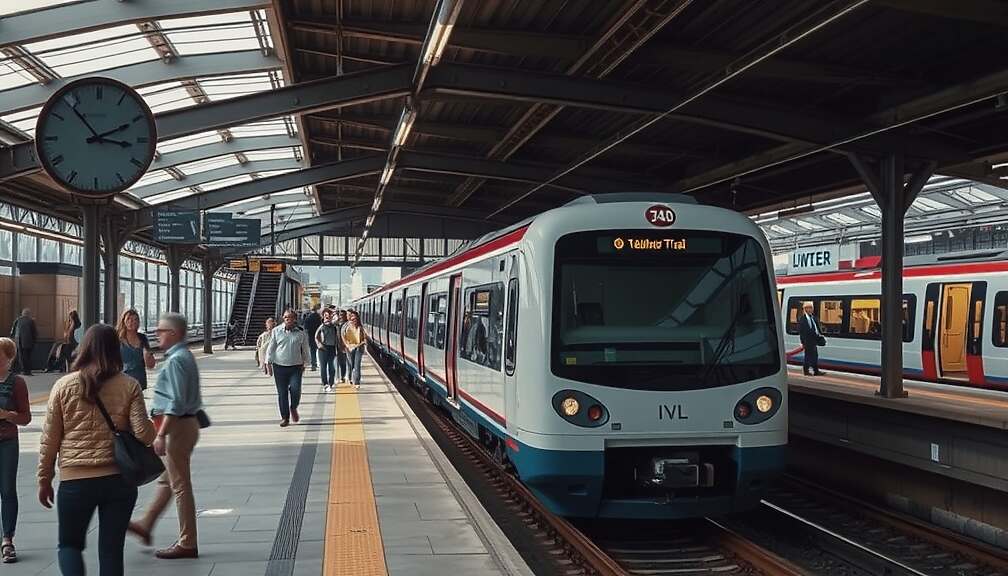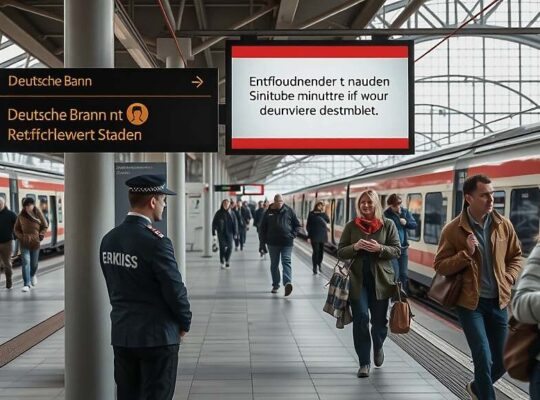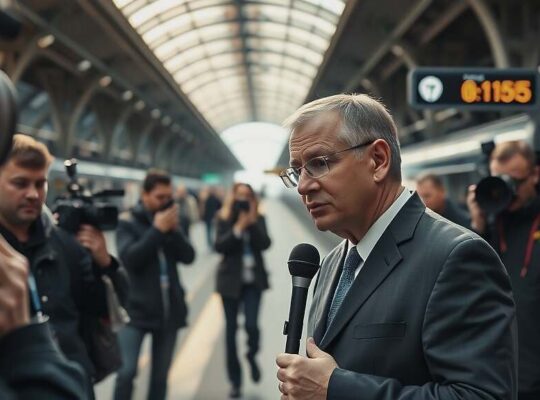Germany’s state railway, Deutsche Bahn (DB), faces a looming and potentially transformative challenge as Italian rail operators prepare to significantly escalate competition in the country’s long-distance passenger market. Both FS, the Italian state railway company and its prominent rival, Italo, are reportedly planning extensive investments and entry into the German rail sector, signaling a potential upheaval in a market long dominated by DB.
Initial reports, detailed in the FAZ newspaper, indicate that Italo is considering a multi-billion euro investment to deploy 30 to 40 high-speed trains within Germany. These operations could include frequent services – potentially hourly or bi-hourly – and are projected to create approximately 1,000 direct jobs. While Flixbus’s subsidiary, Flixtrain, currently provides some competition, the anticipated arrival of FS and Italo represents a vastly different scale of challenge.
The potential for disruption extends beyond Italo. FS, through its regional transport subsidiary Netinera and logistics arm TX Logistik, already holds a presence in Germany and is now reportedly exploring similar ambitions for high-speed passenger services. Plans under consideration involve deploying around 50 high-speed trains, indicative of a broad strategic ambition to capture a significant share of the German market. Stefano Donnarumma, CEO of FS, acknowledged ongoing “preliminary investigations” into the German market’s potential, noting, surprisingly, a perceived benefit from the recent appointment of Evelyn Palla, an Italian national, to the leadership of Deutsche Bahn.
The realization of these plans, however, is not guaranteed. Crucially, Italian operators are demanding long-term contractual certainty regarding access to the German rail network – specifically, 15-year “framework contracts” guaranteeing track access. This requirement highlights a fundamental hurdle: the ability of these companies to secure regulatory approval and consistent access terms from the German government and the Federal Network Agency (Bundesnetzagentur), the body responsible for rail regulation. The political dimension of this competition is therefore significant; decisions regarding access conditions will heavily influence both the feasibility of these ventures and the competitive landscape for Deutsche Bahn.
The entry of FS and Italo raises critical questions about Germany’s rail infrastructure policy, the potential for increased passenger choice and the competitiveness of Deutsche Bahn itself. While increased competition could ultimately benefit consumers through lower fares and improved services, it also intensifies the pressure on DB to modernize and optimize its operations and prompts scrutiny of the regulatory framework governing Germany’s rail system.












